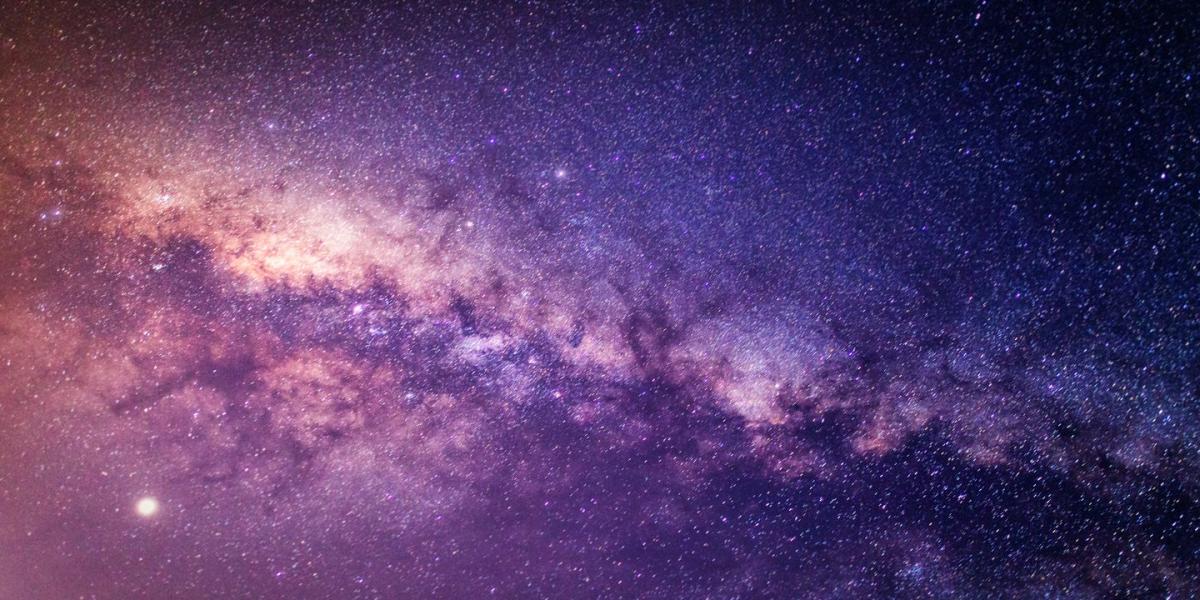In astronomy, where observations are always very difficult (the easy stuff has been done a long time ago), anomalies in observations from what is predicted or expected usually mean something is wrong in the observation. However, every so often, the anomaly means there is something wrong with what we think we know. And once in a blue moon (couldn't resist that) it shakes our understanding in a truly fundamental way.
I was an astronomy major in college in the '60s and then in grad school following that. I studied stars, in particular, the outer layers of stars during the later stages of their lives, when more massive ones expand to become red supergiant stars. This was working out details in what had been theorized about the evolution of stars. Nothing profoundly new, but adding to the canon of knowledge. Most astronomers do that. Make observations or theories that confirm or extend the detail of what we think we know or what we know.
At the time I was studying in college and grad school, the biggest discovery was the cosmic background radiation (sometimes called the 3 degree black body radiation) something that had been predicted in the late 1940's as radiation left over from the Big Bang. It was a big deal because it was the confirmation that there was a Big Bang. It was confirmation of a theory, as Eddington's observation of the positions of stars near the sun during an eclipse was the confirmation of Einstein's General Theory of Relativity.
However, as I have written before, anomalies in observation, when they end up to be true, can have fundamental affects on our understanding of the universe. Two anomalies discovered in the last third of the the 20th century, Vera Rubin's measurement of velocity of material in the outer arms of galaxies, and Sol Perlmutter and colleagues observation of the acceleration of galaxies as they recede from each other, have led us to understand that everything that we have been studying - stars, planets, galaxies, interstellar gas and dust, even black holes the entire universe that we knew existed when I completed my PHD, only makes up about 5% of the universe. another 20% is dark matter (mentioned in the first post) and 75% is dark energy. Dark matter that is dark (not visible) which we only know is matter from its gravitational effect on stuff we can see. Dark energy is dark (not visible) and we only know because of its effect on stuff we can see.
So when I started teaching my introductory college astronomy classes, I was pretty confident (actually quite confident) that I was giving them a pretty complete, and pretty well understood view of the universe. Now, if I were still teaching, I would have to say that this course is mostly about 5% of the universe, and a little speculation about what the other 95% is about. I may still be around when we start to learn about that other 95%.
Larry

 www.yahoo.com
www.yahoo.com


